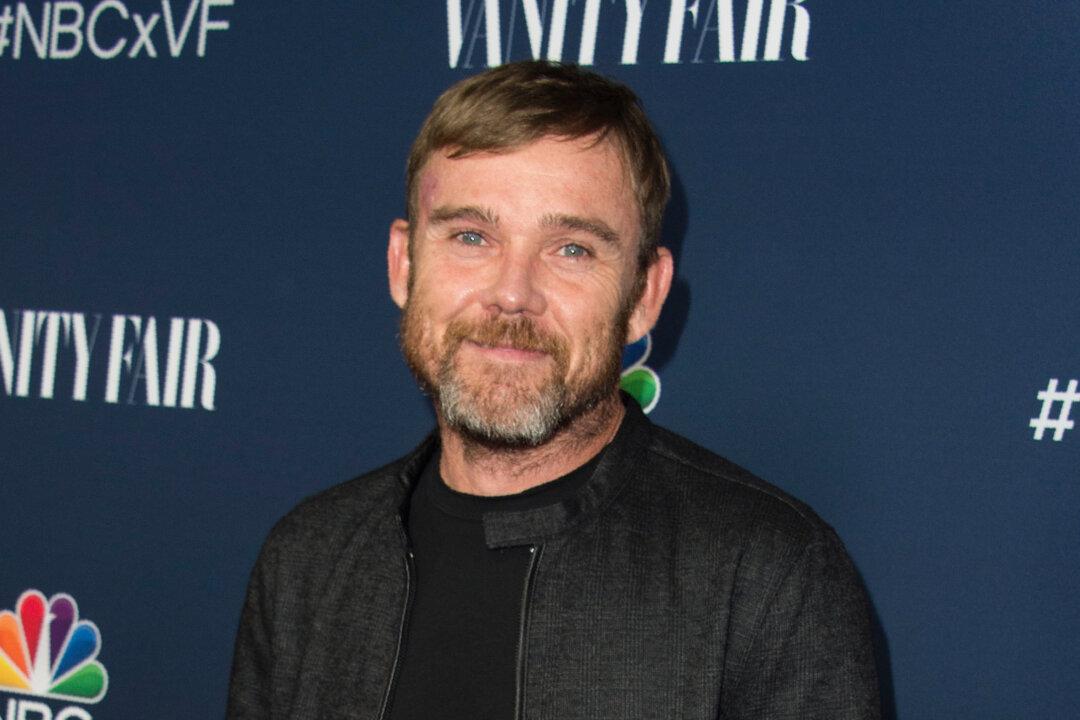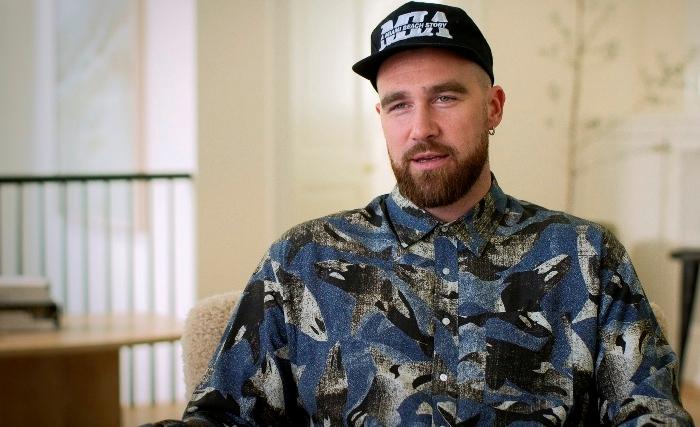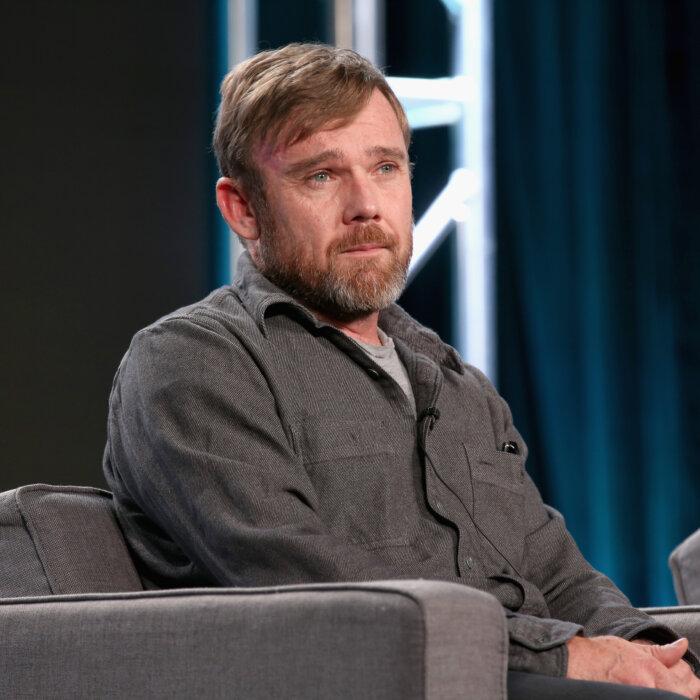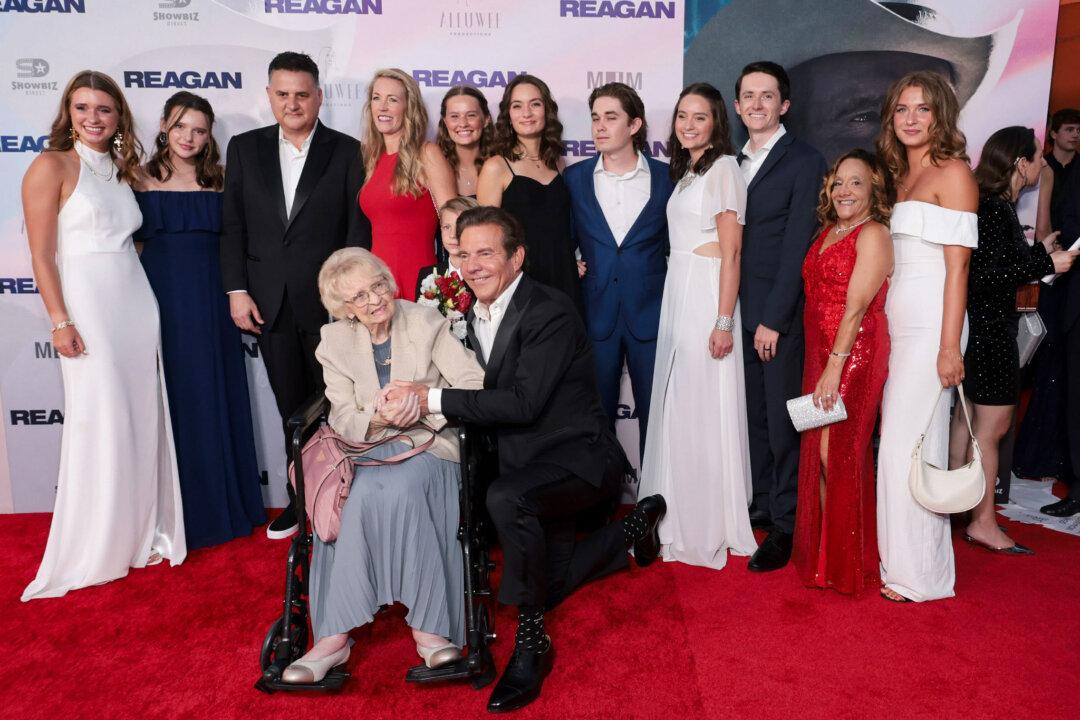Actor and director Ricky Schroder has become a vocal critic of Hollywood and its negative influence on culture and is now spearheading several initiatives to address these issues.
In a wide-ranging interview with The Epoch Times, Mr. Schroder reflected on his recent projects and his discontent with changes in Hollywood.
As a longtime member of the Academy of Motion Picture Arts and Sciences, Mr. Schroder lamented alterations to the criteria for the Best Picture category at the Academy Awards.
“They changed the guidelines because of diversity, equity, and inclusion demands. To be eligible for the best picture category, you have to have LGBTQ or certain characters in your story and themes, and you’ve got to have crew that is LGBTQ and minorities,” he said.
Combating Pornography
Mr. Schroder is deeply involved in the various aspects of filmmaking at Reel American Heroes Foundation, from scriptwriting to project selection. He is currently immersed in a project titled “Erotic Erosion,” examining the impact of internet pornography and the “decline of the American family” through his initiative, the Council on Pornography Reform.Mr. Schroder has been vocal about his apprehensions regarding artificial intelligence and the perils of the dark web. He has said that the proliferation of adult content on the internet presents significant moral and societal challenges.
“When the camera was invented 150 years ago, it enabled humans to take photographs of perversion and distribute them,” he reflected. “Prior to the camera, you had to engage in that perversion and witness it.”
Through the Council on Pornography Reform, Mr. Schroder aims to reintegrate adult content into separate domains, making it easier to monitor and control. He advocates for individuals to have the option to block adult content from their internet service providers, emphasizing the feasibility of such measures with existing technology.
“Whoever pays our bills for Verizon or AT&T or your home internet service provider, we want them to turn adult content off if you so choose,” he stated.
Furthermore, Mr. Schroder suggested that social media platforms such as Snapchat and X (formerly Twitter) should enforce stricter penalties and fines to deter the dissemination of illicit images.
“If you make penalties and fines, that will get their attention,” he asserted. In his view, holding these platforms accountable is crucial for regulating the flow of inappropriate content online.
Reflecting on the state of politics in the United States, Mr. Schroder emphasized his duty to depict stories about ongoing military operations, both abroad and at the U.S. border.
Supporting Foreign Wars
Expressing concern about the nation’s trajectory, Mr. Schroder asserted that “the state of our nation is troubling, and in my opinion, our leaders have committed treason.” He said he views the conflict in Ukraine as primarily a European matter, stating, “it’s their backyard; they’re bleeding us financially with these wars. We need to take care of our homeland first. I’m not in favor of allocating further funds to Ukraine, nor have I ever supported such allocations.”Regarding Israel, Mr. Schroder underscored the importance of U.S. support, citing biblical significance.
“As far as Israel goes, I believe they undoubtedly need the support of the U.S. in any way we can provide it because it’s biblical,” he remarked.
“Armageddon is in Israel, and when I was there, I attempted to visit,” he said, referring to an area near Mount Megiddo in Israel, which many Christians believe will be the site of the Battle of Armageddon mentioned in the book of Revelation.
“I also tried to visit Bethlehem, but it was closed off. If we want Armageddon to remain a concept akin to a great Bruce Willis movie and not escalate into a true Armageddon of biblical proportions, Israel must not be threatened to the extent that they feel compelled to use nuclear weapons to defend themselves.”
He highlighted the detrimental impact of negative messaging in entertainment on America’s youth, particularly citing examples from music, film, and TV. Mr. Schroder draws attention to the consequences, especially for law enforcement, referencing N.W.A’s song “[Expletive] tha Police,” which he sees as analogous to the current “defund the police” movement.
“When you create a sense of lawlessness with 20 million albums, what do you think is going to happen? That’s obscene, that’s against English common law,” he said. Mr. Schroder stressed the importance of accountability, stating that “freedom of speech comes with responsibility. It comes with being responsible for what you say and who you say it to.”
He expressed concern that artists have not been held accountable for songs that encourage disrespect for law enforcement.
Mr. Schroder also drew parallels with the counterculture revolution of the 1960s during the Vietnam War, noting that despite protests against the military, supporting troops should not be controversial. He highlighted the role of propaganda in undermining faith in the military and leadership, emphasizing the importance of remaining vigilant against such influences.
Furthermore, Mr. Schroder voiced distrust in mainstream media, pointing out instances where accountability seems lacking. He criticized the high salaries of certain media figures without consequences for misinformation, suggesting a deeper agenda at play.
Looking ahead, Mr. Schroder said he envisions his initiative, Reel American Heroes Foundation, evolving into “Patriot PBS,” focusing on projects and artists that promote a positive vision for America. He said he aims to empower young filmmakers through scholarships and ultimately transition the project into the hands of the American people.
“I'd like to replace PBS,” he said.







